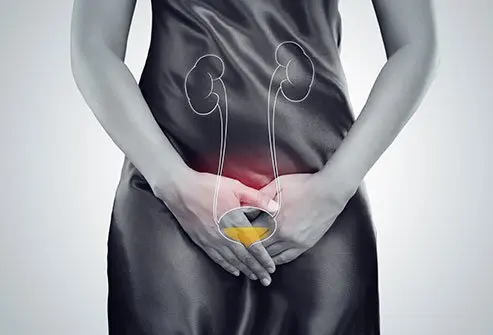5 Health Conditions It Could Indicate

Going to the toilet is a normal part of life, but how often you urinate can reveal a lot about your health. On average, a healthy person may urinate 4 to 7 times a day depending on fluid intake, diet, and activity levels.....CONTINUE READING THE FULL STORY HERE
However, if you find yourself urinating more than 4 times a day consistently, especially if it disrupts your sleep or daily activities, it could be a sign of an underlying health issue.
Doctors warn that frequent urination should never be ignored, as it can point to one of these diseases.
1. Diabetes
Frequent urination is one of the earliest signs of both type 1 and type 2 diabetes.
When blood sugar is too high, the kidneys try to flush it out through urine.
This not only makes you urinate more often but can also leave you feeling thirsty all the time.
2. Urinary Tract Infection (UTI)
UTIs are common, especially in women. They irritate the bladder lining, making you feel the urge to urinate even when little comes out.
Other signs may include burning during urination, cloudy urine, or lower abdominal pain.
3. Overactive Bladder
This condition occurs when the bladder muscles contract involuntarily, causing a sudden urge to urinate.
It may happen even if the bladder isn’t full, leading to frequent trips to the toilet, both day and night.
4. Prostate Problems (in Men)
For men, frequent urination can be linked to an enlarged prostate, which presses against the urethra and affects the flow of urine.
This is common in older men and should be checked early to rule out prostate cancer.
5. Kidney Disease
When the kidneys are not functioning properly, they may fail to filter waste effectively, leading to increased urination.
This often comes with other symptoms like fatigue, swelling in the legs, or foamy urine.
In conclusion, urinating more than 4 times a day may seem harmless, but it can be your body’s way of warning you about a deeper health issue.
If you notice this happening regularly, especially with other symptoms, it’s best to see a doctor. Early diagnosis can prevent complications and protect your overall health.
